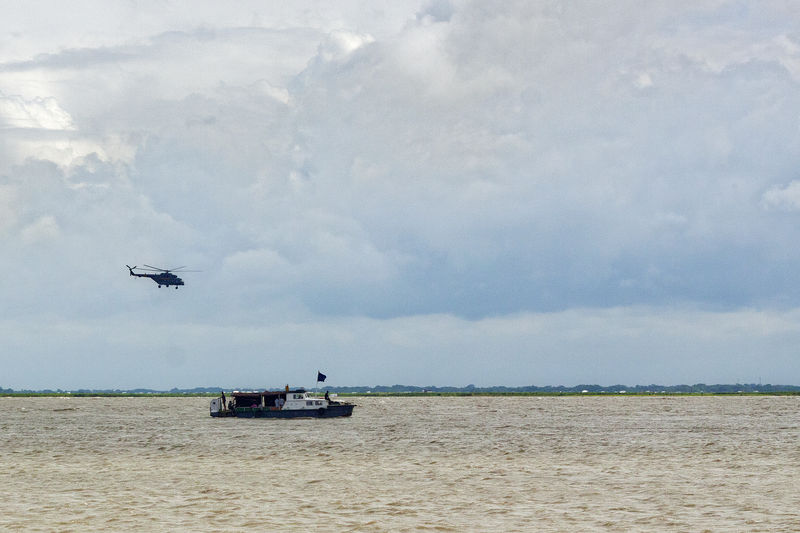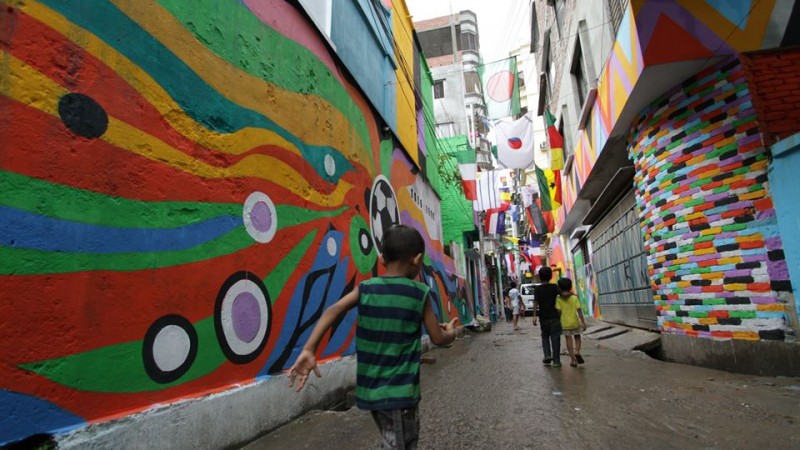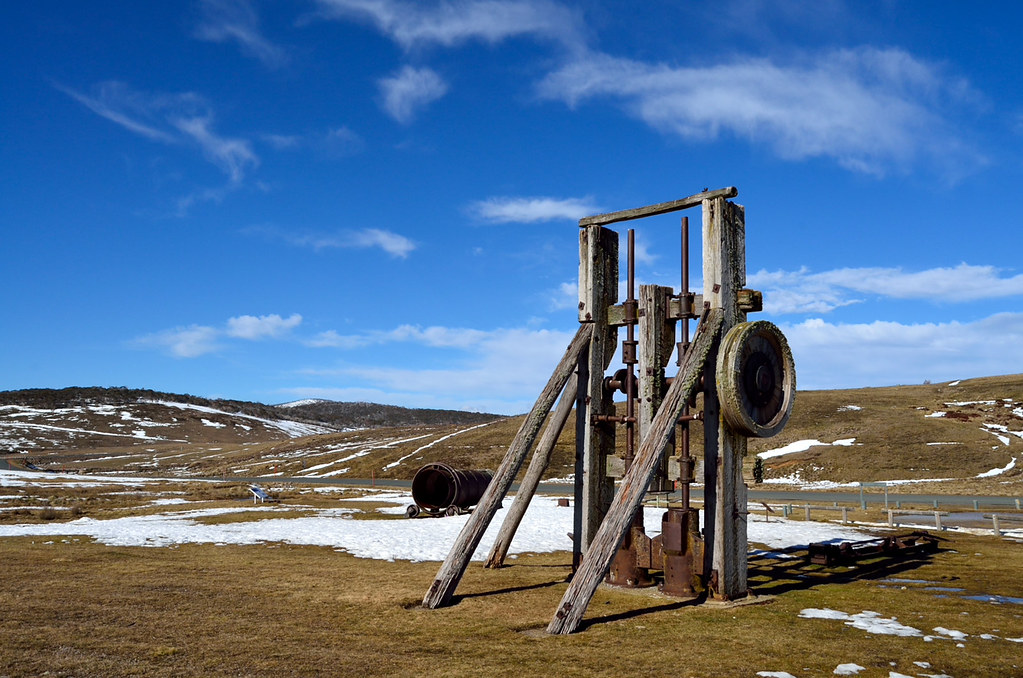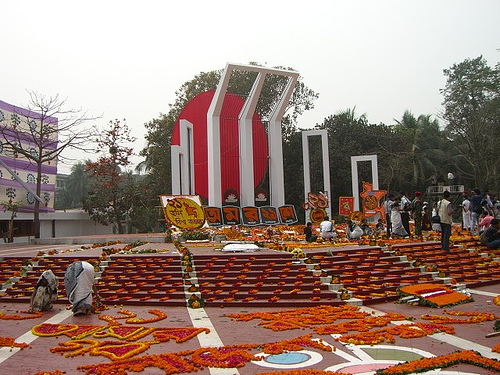The first test of Bangladesh vs South Africa has become very interesting on the first day when 14 wickets fell. Bangladesh reeled to a lowly 192 in only 54.4 overs which seemed more like a one day score. However their reply was also strong as they sent 4 South African batsmen home. The final score at the end of the first day was 76/4 (24 overs). From the Cricinfo
commentary team:
"Nobody would have least expected South Africa to be facing the heat at the end of the day, losing their top four, including Kallis. Shahadat got his inswingers spot on and induced mistakes while Rafique's experience came into play later. There was something rather unusual about the way Kallis approached the spinners, exposing the stumps repeatedly to slice it through the off side. Rafique had the common sense to keep the ball on the stumps, and though the low bounce accounted for Kallis, it was still a classical case of the bowler out-thinking the batsman.
Bangladesh are in a pleasant scenario they're not used to at the Test level. It's important they hang onto the momentum over the second day and if possible get a lead. The low bounce will evoke fears tomorrow as well and the pressure will be on the batsmen to counter that."
Rafique's inclusion really paid for Bangladesh.
The under 19 world cup:In group D Bangladesh had two big wins against Bermuda and Ireland and England did the same. Bangladesh played England today and won by 13 runs to become the group champion. But the play was bizarre and out of the ordinary as you can
see from the scorecard. Bangladesh lost the toss and batted first. Within the ninth over England opening bowler Harris (5 wickets) put Bangladesh in disarray as they were 6 wickets down with only 27 on board. However the seventh and eighth wicket partnership took Bangladesh to 149 runs in 42 overs. It is out of the ordinary as Bangladesh front line batsmen fared well in previous matches.
Still that was not enough for a strong England side whose opening batsmen put 35 in 7 overs without losing wicket. After that wickets started to fall in regular intervals and England slowed down considerably. They were 69 in 4 wickets after 21 overs so thats about 2 runs per over. They could not recover from that and their lower order collapsed to a meager 136 in 47.4 overs still 13 runs short of target. That was a bizarre performance from them and of course credit to the Bangladesh team which could keep the pressure. Suhrawadi Shuvo of the Bangladesh Under-19 team was adjudged man of the match for his responsible 56 runs (highest score of the match) and one wicket howl.
Bangladesh will play South Africa in the first quarter final.
Looking forward to follow these matches.
Update: The Bangladesh South Africa 1st test took an interesting turn on the second day. Bangladesh dismissed SA within 170, 22 runs short from Bangladesh's first innings. Shahadat Hossain had a career best figure of 6 wickets (27 runs). The Bangladesh's second wicket reply was also poor as three of Bangladeshi batesmen fell to Steyn and they are steadying the boat at 52/3 in 20 overs.
For live streaming of Bangladesh vs. South Africa Test:
If you don't have Sopcast player
download from here.Browser based LinkOR
Sopcast direct linkClick for Live Score Card of Bangladesh vs South Africa.
Update II: Rick Eyre shares an interesting information. Ashwell Prince of South Africa was the only man in IPL auction who failed to attract a bid at his reserve price of $175000. He did an interesting analysis showing the card of the South African innings, with bowling from Bangladesh's first innings:
Neil McKenzie (non-IPL) 5,
Graeme Smith (Jaipur, $250K) 10,
Hashim Amla (non-IPL) 25,
Jacques Kallis (Bangalore, $900K) 17,
Ashwell Prince (passed in) 10,
Johan Botha (non-IPL) 25 and 2/57,
AB de Villiers (Delhi, $300K) 46,
Mark Boucher (Bangalore, $450K) 11,
Morne Morkel (non-IPL unlike his brother Albie) 1 and 5/50,
Dale Steyn (Bangalore, $325K) 7 and 3/27,
Makhaya Ntini (Chennai, $200K) 3 and 0/47.
Shahadat Hossain took 6/27 for Bangladesh in South Africa's first innings, but he is not on the IPL payroll. Nor, curiously enough, is anyone from Bangladesh. The BCCI head-hunters, it seems, were not interested.




































